
Provided by Warner Bros.
When it Comes to Inner Darkness, Kingdom Hearts 3 Can Show Malignant a Thing or Two
Spoiler warning for Kingdom Hearts 3 and Malignant
“But I didn’t ask for this. To be sifted apart, nice and neat. We should be free to choose. Not just light, not just darkness, we decide what we are.”
This quote from Ventus near the end of Kingdom Hearts 3 captures the heart of what James Wan’s Malignant misses the mark on in its core tension. Oddly enough, the two texts share a pretty strong narrative thread: siblings that were once physically joined together being forcibly separated by an authority figure in their lives, with one becoming an embodiment of darkness.
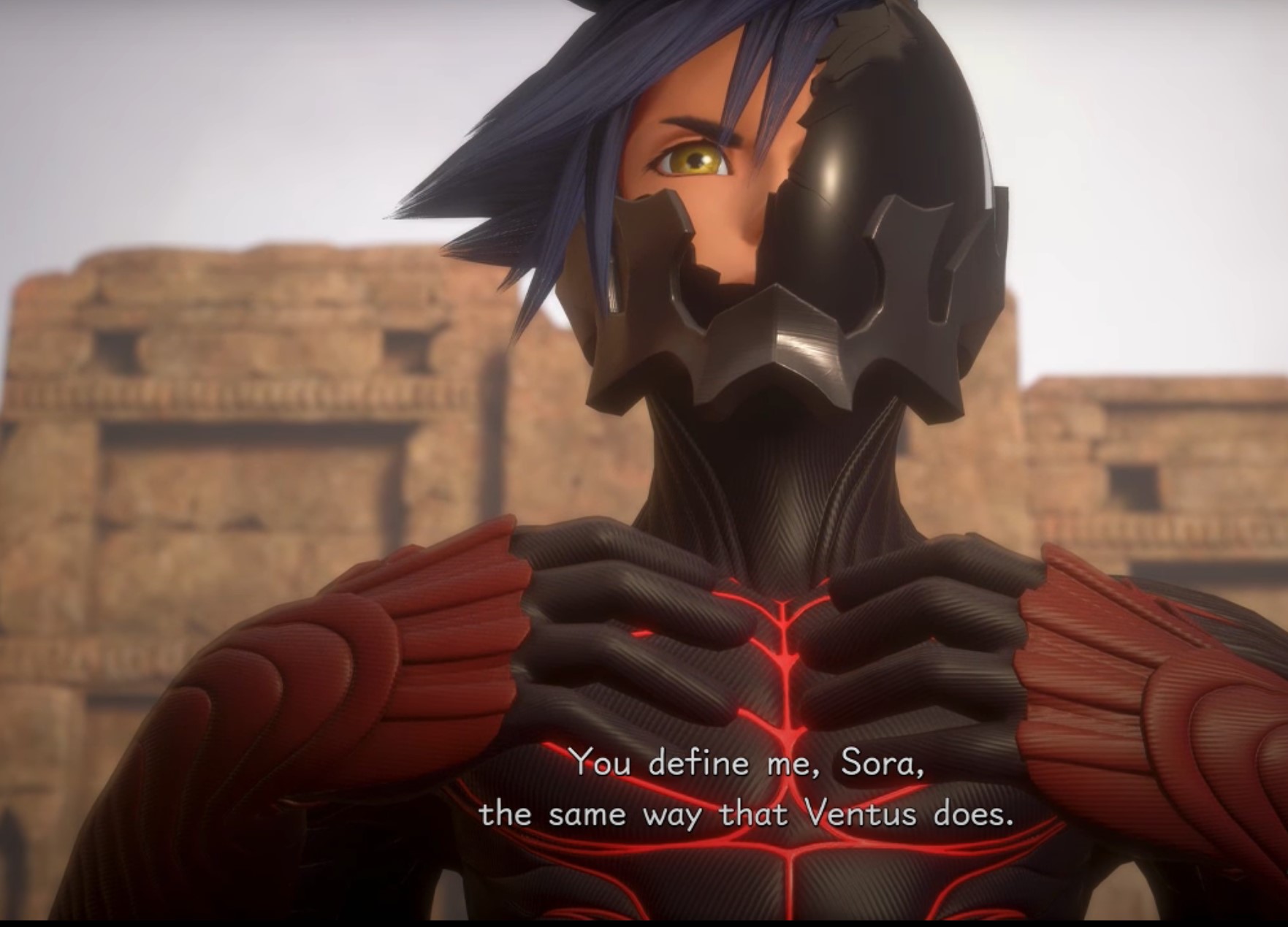
In Kingdom Hearts, this sibling pair is Ventus and Vanitas, two boys that used to be halves of the same person. Through the intricacies of Kingdom Hearts’ rules around hearts, Vanitas is the darkness that was originally within Ventus made manifest. Though he was a piece of Ventus at first, and believes they need to be reunited to be whole again, Vanitas is for all intents and purposes a discreet, separate person from his so-called “brother” after their separation at the hands of Master Xehanort. This is important because it gives Vanitas agency, despite largely being framed as a tool for his master.
Because he is physically separate from Ventus, Vanitas is able to develop into his own person, despite being “defined” by not only Ven, but also Sora, as the pieces that respectively made Ven whole. His time wandering the worlds in Kingdom Hearts: Birth By Sleep provided unique experiences that shaped him into an individual beyond Ven’s missing half. Because he is his own person, Vanitas can make his own choices, which makes his relationship to darkness all the more chilling.
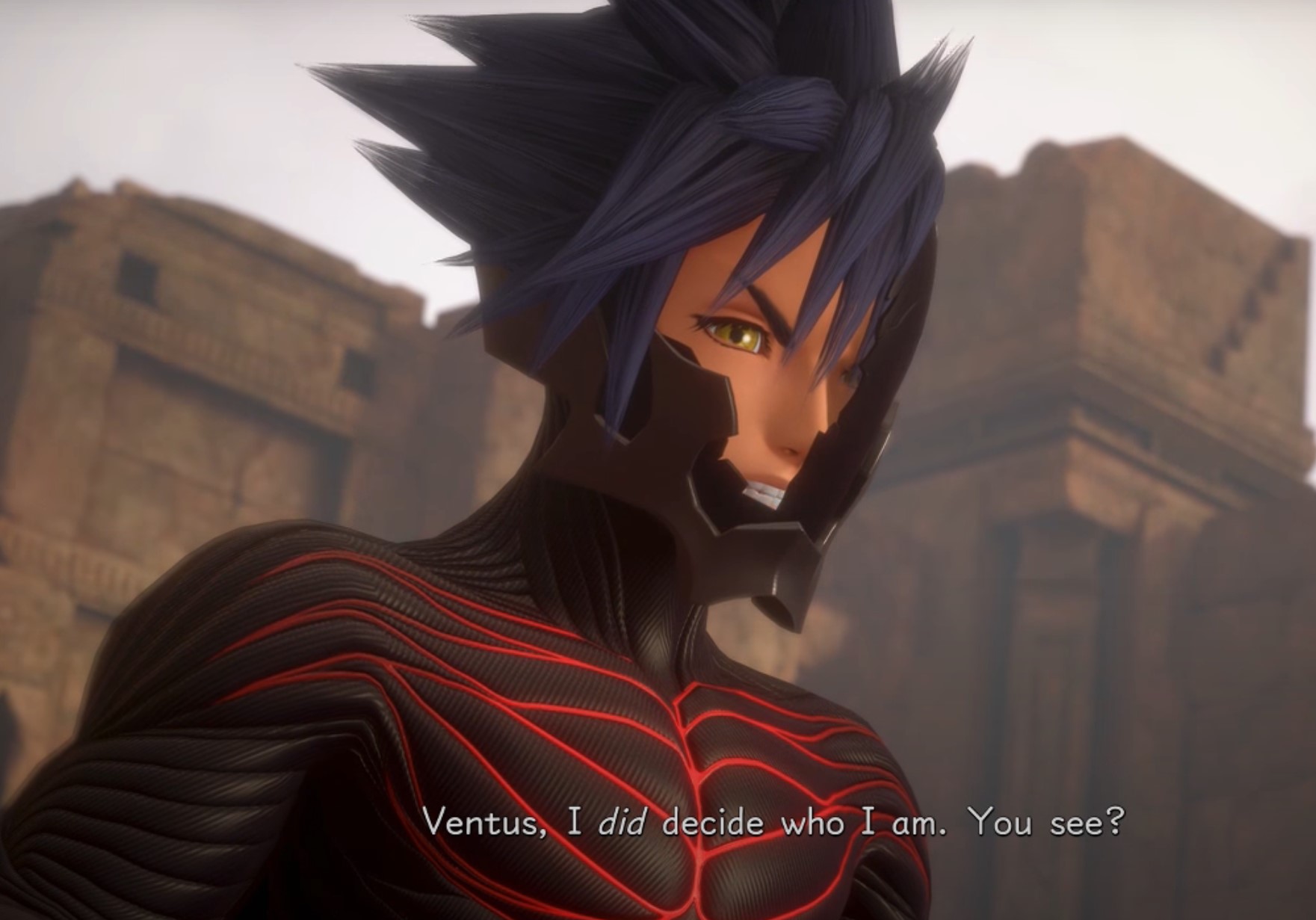
“But, Ventus,” he says, clutching his chest after Ven and Sora finally defeat him in Kingdom Hearts 3. “I did decide who I am. You see?”
“And what you are is darkness?” Ventus asks.
“What I am is darkness,” Vanitas replies.
“Okay.”
Though he is ostensibly dying (whatever that means when it comes to a guy who’s a walking talking half a heart), Vanitas holds true to who he is — importantly not who he is told he has to be, but who he himself has decided to become. And that person is aligned with darkness. The pain he’s caused, the negative emotions he’s purposefully stirred, Vanitas takes accountability for all of it. Where Sora, and by extension Ven, chose to walk towards the light, Vanitas decided to remain as the shadow behind them. Ventus is not happy about this declaration, and it doesn’t change his path moving forward, but he accepts it because it’s the choice his brother made for himself. For better or worse, he is no longer a victim or a pawn.
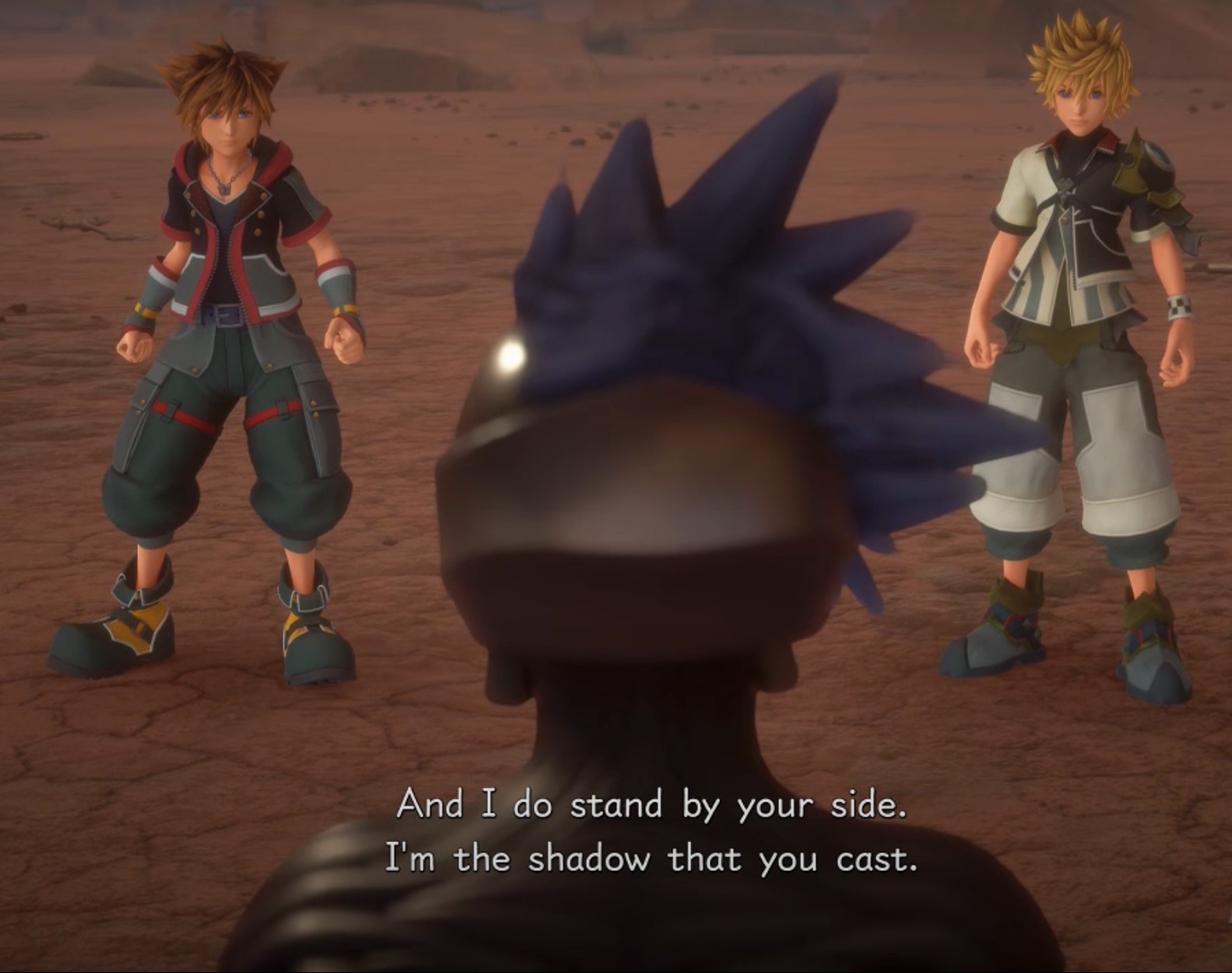
The same cannot be said for Gabriel, the antagonist of Malignant. The film is an interesting, schlocky take on both revenge and body horror, but it ultimately leaves Gabriel as a two dimensional and rather trite villain. Originally, he was a sort of underdeveloped vestigial twin attached to his sister Emily/Maddison’s back. But as he became parasitic and started draining the life from her, (along with apparently repeated incidents of random violence from him) the doctor overseeing their care decided it was time to remove Gabriel.
Thing with this, and vitally where Maddison and Gabriel differ from Ventus and Vanitas, is that while the surgeons were able to remove most of Gabriel’s body from Maddison’s back, the two shared a brain, so instead of being able to fully separate them, they just suppressed Gabriel into Maddison’s skull.
Because of this, Gabriel never has the chance to become an autonomous person. He is depicted as being able to take over Maddison’s body, but even that ability doesn’t manifest itself until after the start of the movie, when Gabriel has been awoken by Maddison’s husband striking her head against a wall.
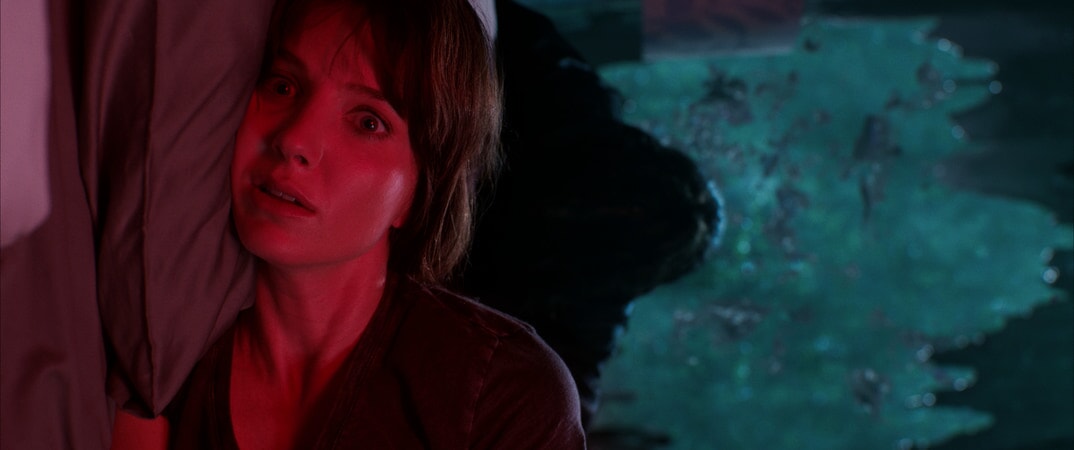
From the start, he is depicted as this inherently evil thing that the doctor even calls a “cancer.” In very tropey form, Gabriel alleges that it was this doctor cutting him up and their mother abandoning them that caused him to be a monster. But Maddison cuttingly replies that “no, Gabriel, you were always a monster.”
The film seems to agree with Maddison’s reading, depicting Gabriel as a voice telling her to cause harm for no apparent reason, and wreaking bloody havoc when he has control of the body, killing everyone that has ever “wronged” him and causing plenty of collateral damage in the process. Both sides of this framing take away any responsibility from Gabriel. Either he was forced into a rage-fueled revenge spree by the mother that abandoned him and the doctors that mutilated him, or he was just inherently an evil, fucked up monster by nature and would have killed no matter what.
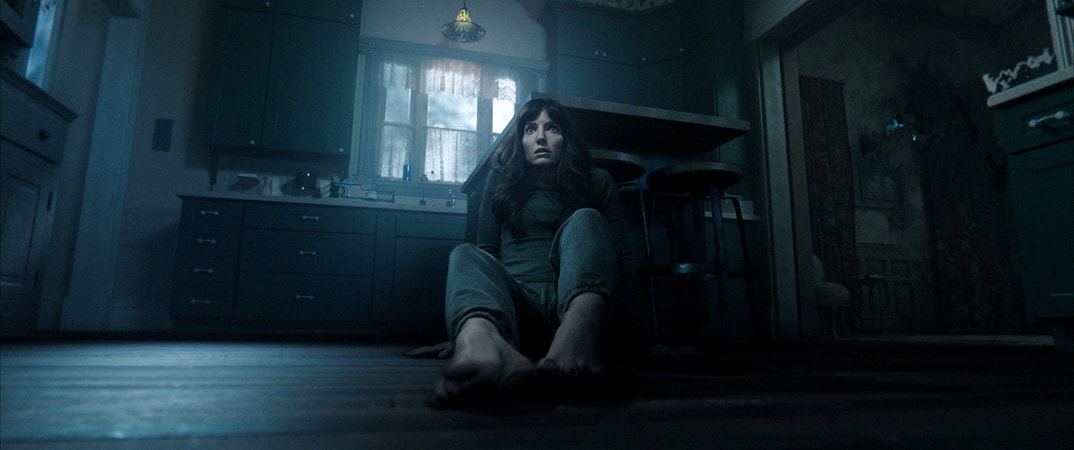
This makes Maddison’s triumph over him feel sort of hollow. There is no recognition of him as a part of her that must be accepted or even destroyed. Instead, Maddison simply locks Gabriel away in a sort of mind prison to await the day he eventually escapes. There’s no solution or catharsis here, just a reliance on an evil nature and a cycle of darkness that no one seems to have any control of.
Vanitas’ declaration doesn’t just set him on one side of the conflict of his own volition, it also presents the possibility that something could eventually be different. Just because he’s chosen darkness now, doesn’t mean he always will (granted, he kind of dies so it’s a bit confusing on that front but life and death are very wibbly in terms of permanence in Kingdom Hearts). For Gabriel and Maddison, that choice simply doesn’t exist. They will be locked in conflict forever, because Malignant cannot imagine a reality for them where either could make a different choice.





